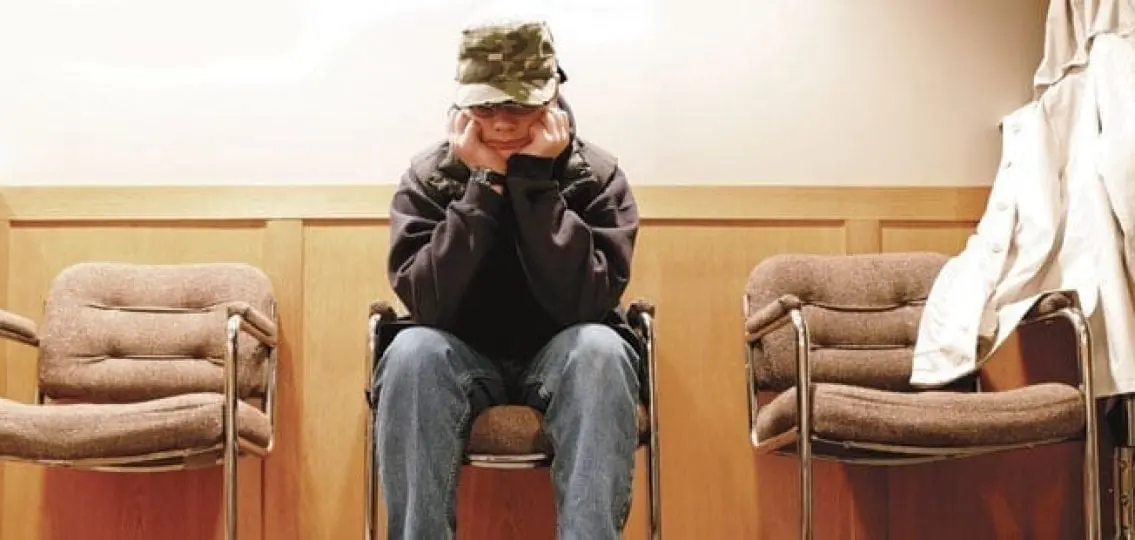The nuclear option. Don’t push that button!
As a therapist who works primarily with teenagers, I hear many stories about parents and their different discipline techniques. I call one the “Nuclear Option.” It goes something like this. When parents are having trouble controlling their teenagers, they will try many different ways to regain some control. When they repeatedly fail and can’t control the behavior, they reach their limit and try to end the behavior. “You know what? No more video games EVER! No more going to parties on Saturday EVER!”

This nuclear reaction can really stop the behavior. If you drop a nuclear bomb on a city, you kill the terrorists but you also destroy everything else. Is it really worth the collateral damage? So, what is the collateral damage of the parenting nuclear option?
Bad Punishment, Bad Results
First, and most importantly, you miss an opportunity for successfully disciplining your teenager in a way that will teach your teenager to behave responsibly. The message instead is that when something becomes too difficult to manage, don’t do it. Teenagers need to struggle with situations where they are forced to make decisions and weigh the negative and positive outcomes. Dealing with real-life consequences of their decisions will help them become more responsible. Instead of prohibiting all behavior, parents can develop consistent rules with appropriate consequences.
Second, the nuclear response gives your teenager the message that they are ungovernable and/or that you cannot manage them. Teenagers who feel that their parents have things under control learn that they can manage their own behavior. Remember, children learn to take care of themselves when they have been well taken care of. This is true for teenagers who cannot manage something well. They will learn to handle difficulty after they observe how you handle your own challenges.
Third, the nuclear option creates unneeded resentment. Teenagers have an understanding that they are being deprived of something that they enjoy because of their parents inability to handle the situation. This sense of suffering because of your failure can create terrible resentment that can damage the relationship you have with your teenagers. (This can also result in your teenager dropping a nuclear bomb on you! For example, shutting down and refusing to talk to you about their lives or problems.) This will inevitably strain the relationship and make addressing future problems much more difficult.

These three examples of collateral damage can end up causing more problems than the original reason for the nuclear attack in the first place. If you are struggling with disciplining your teenager you should get parenting help from a family therapist. Don’t drop bombs.




